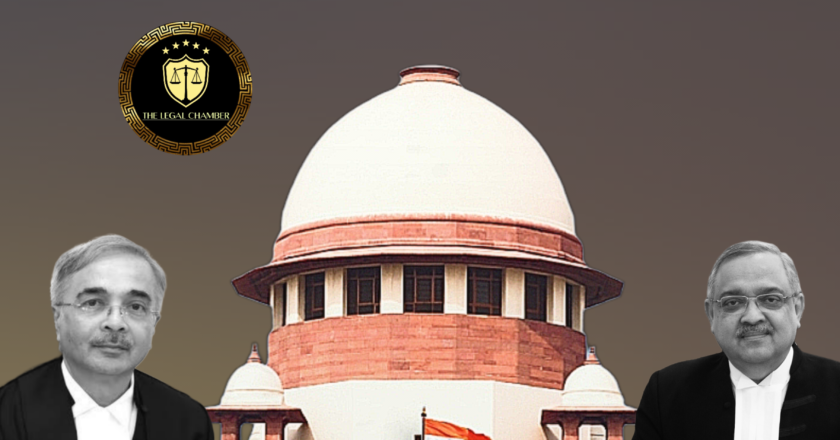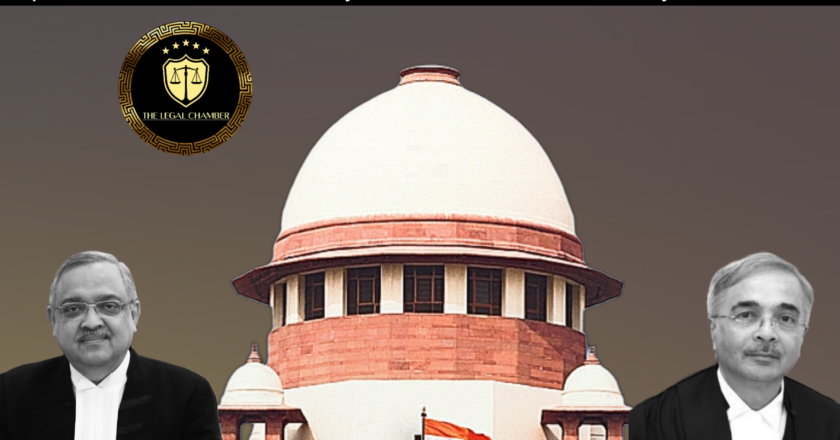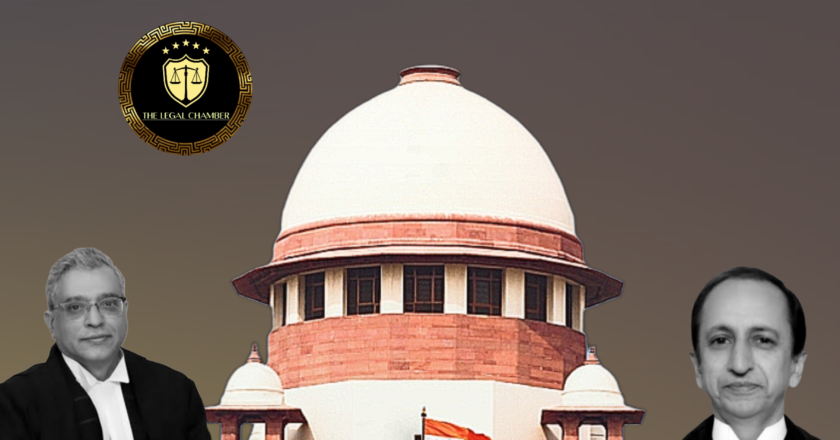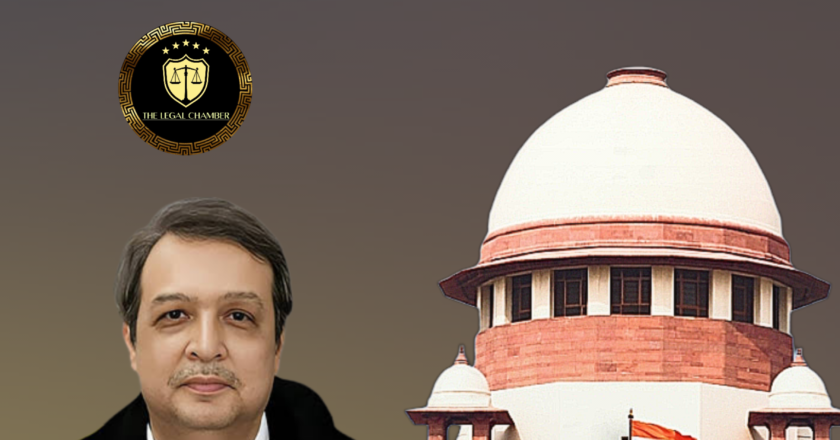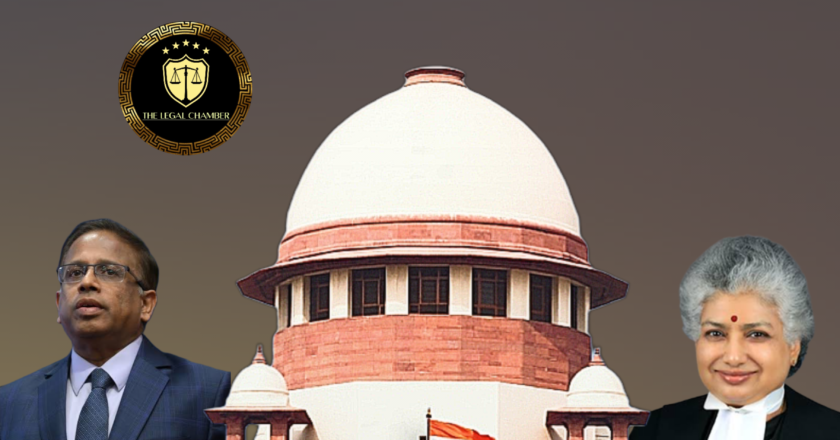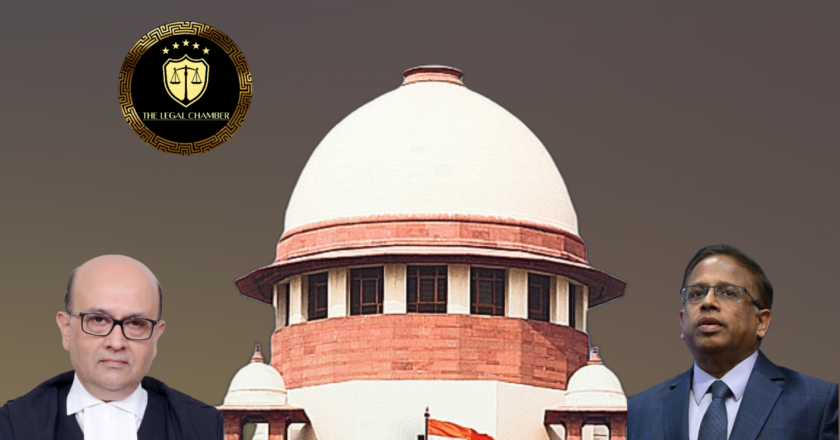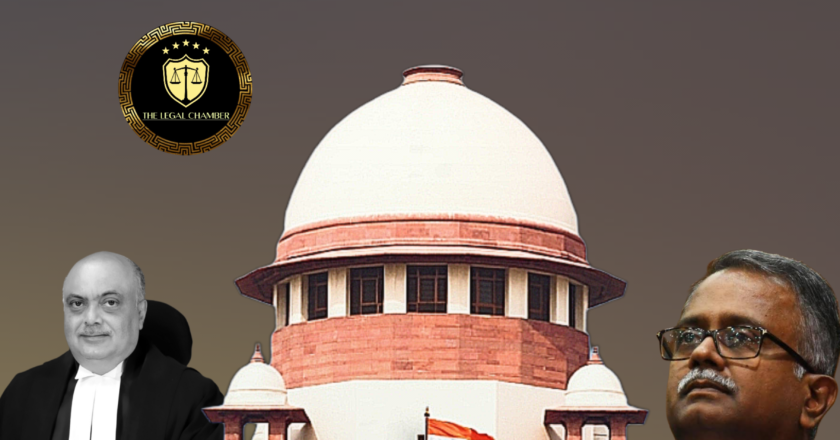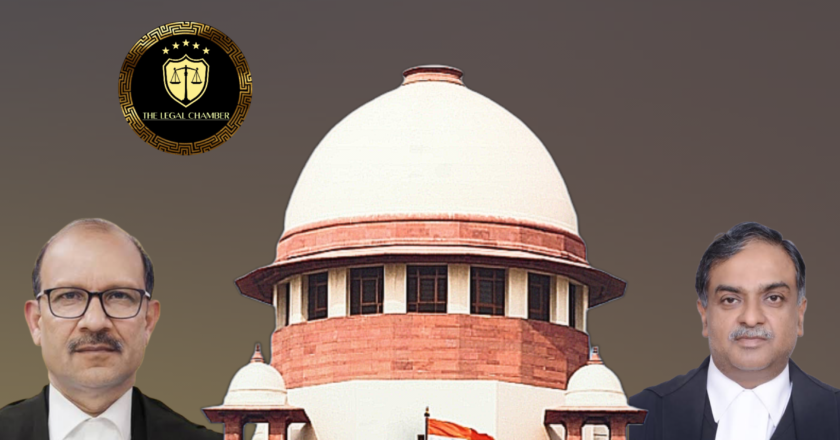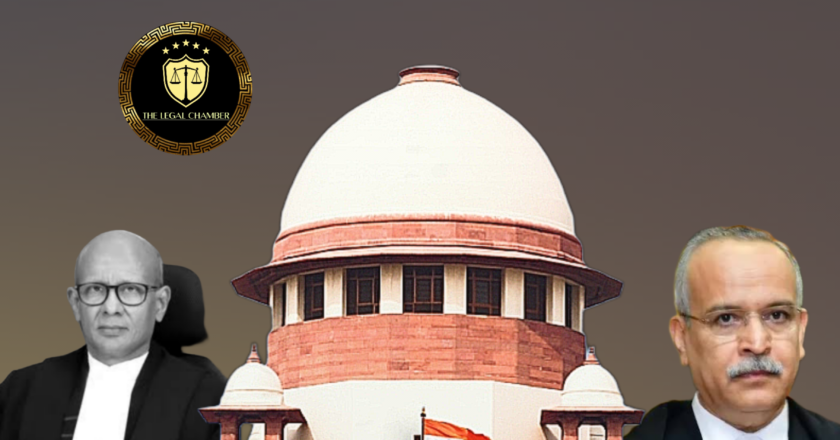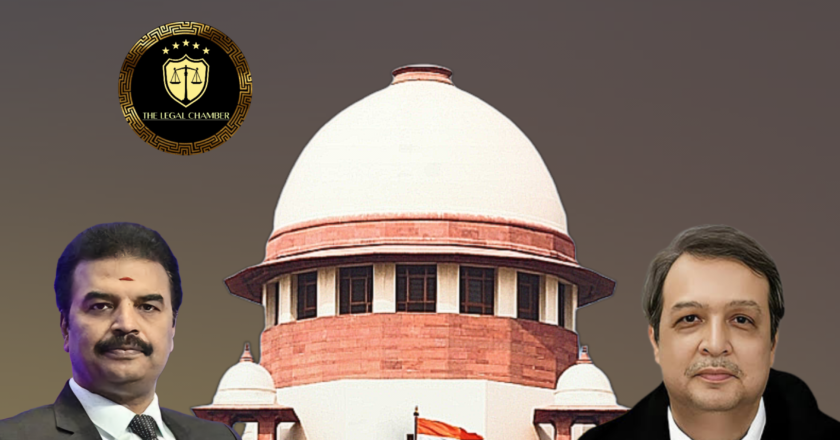Supreme Court Shifts Liability Back to Insurance Company in Landmark Motor Accident Case
This Supreme Court judgment holds that under Section 147 of the Motor Vehicles Act, 1988, an insurer is liable to indemnify claims for the owner of goods or his authorized representative traveling in a goods vehicle. Furthermore, the registered owner remains liable for compensation until a transfer is formally reported to the Registering Authority under Section 50, and the insurer cannot avoid its liability based on unsubstantiated assertions.
Facts Of The Case:
A motor accident involving a goods vehicle resulted in several claims for death and injury. The injured and deceased were petty hawkers, such as a fish monger and a vegetable vendor, who were accompanying their goods in the vehicle at the time of the accident. The insurance company contested its liability on two primary gro...
